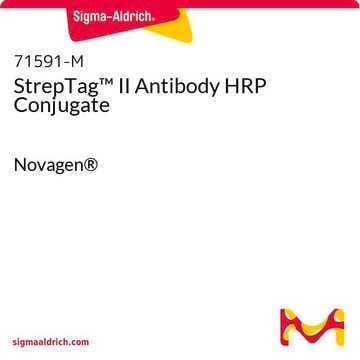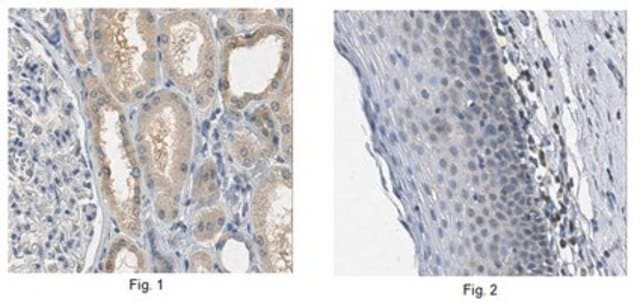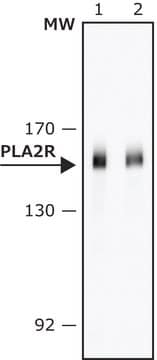SAB2702216
Monoclonal Anti-Strep Tag antibody produced in mouse
clone GT661, affinity isolated antibody
Sinónimos:
Anti Strep Antibody, Anti Strep Antibody - Monoclonal Anti-Strep Tag antibody produced in mouse
About This Item
Productos recomendados
biological source
mouse
Quality Level
conjugate
unconjugated
antibody form
affinity isolated antibody
antibody product type
primary antibodies
clone
GT661, monoclonal
form
buffered aqueous solution
concentration
1mg/mL
technique(s)
immunoprecipitation (IP): suitable
indirect immunofluorescence: suitable
western blot: 1000-10000
isotype
IgG2a
shipped in
wet ice
storage temp.
−20°C
target post-translational modification
unmodified
Immunogen
Application
Features and Benefits
Other Notes
Physical form
Disclaimer
¿No encuentra el producto adecuado?
Pruebe nuestro Herramienta de selección de productos.
Storage Class
10 - Combustible liquids
wgk_germany
WGK 1
flash_point_f
Not applicable
flash_point_c
Not applicable
Elija entre una de las versiones más recientes:
Certificados de análisis (COA)
¿No ve la versión correcta?
Si necesita una versión concreta, puede buscar un certificado específico por el número de lote.
¿Ya tiene este producto?
Encuentre la documentación para los productos que ha comprado recientemente en la Biblioteca de documentos.
Los clientes también vieron
Nuestro equipo de científicos tiene experiencia en todas las áreas de investigación: Ciencias de la vida, Ciencia de los materiales, Síntesis química, Cromatografía, Analítica y muchas otras.
Póngase en contacto con el Servicio técnico















